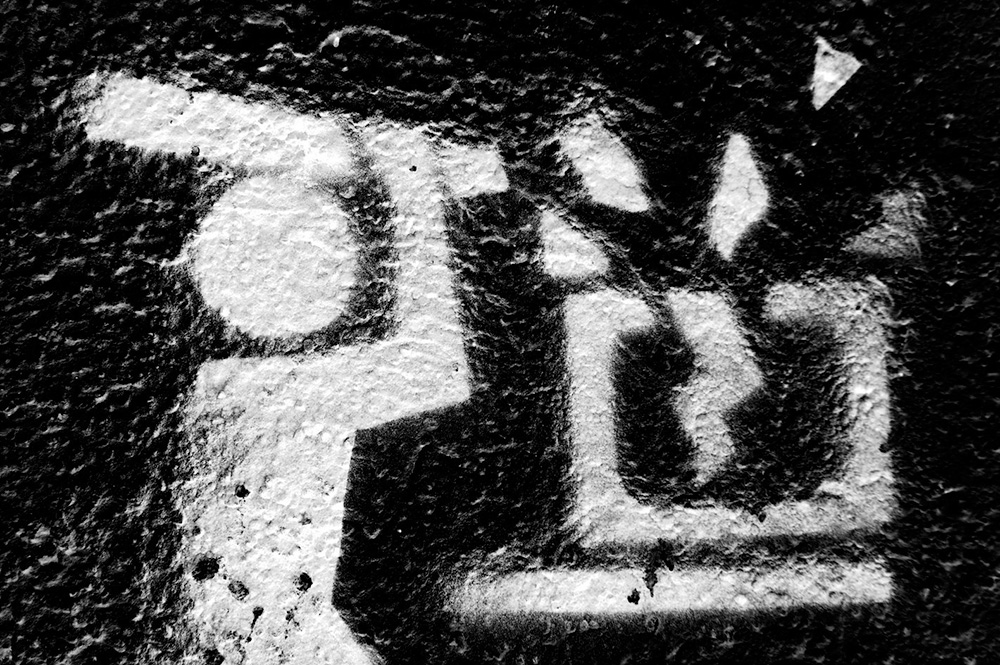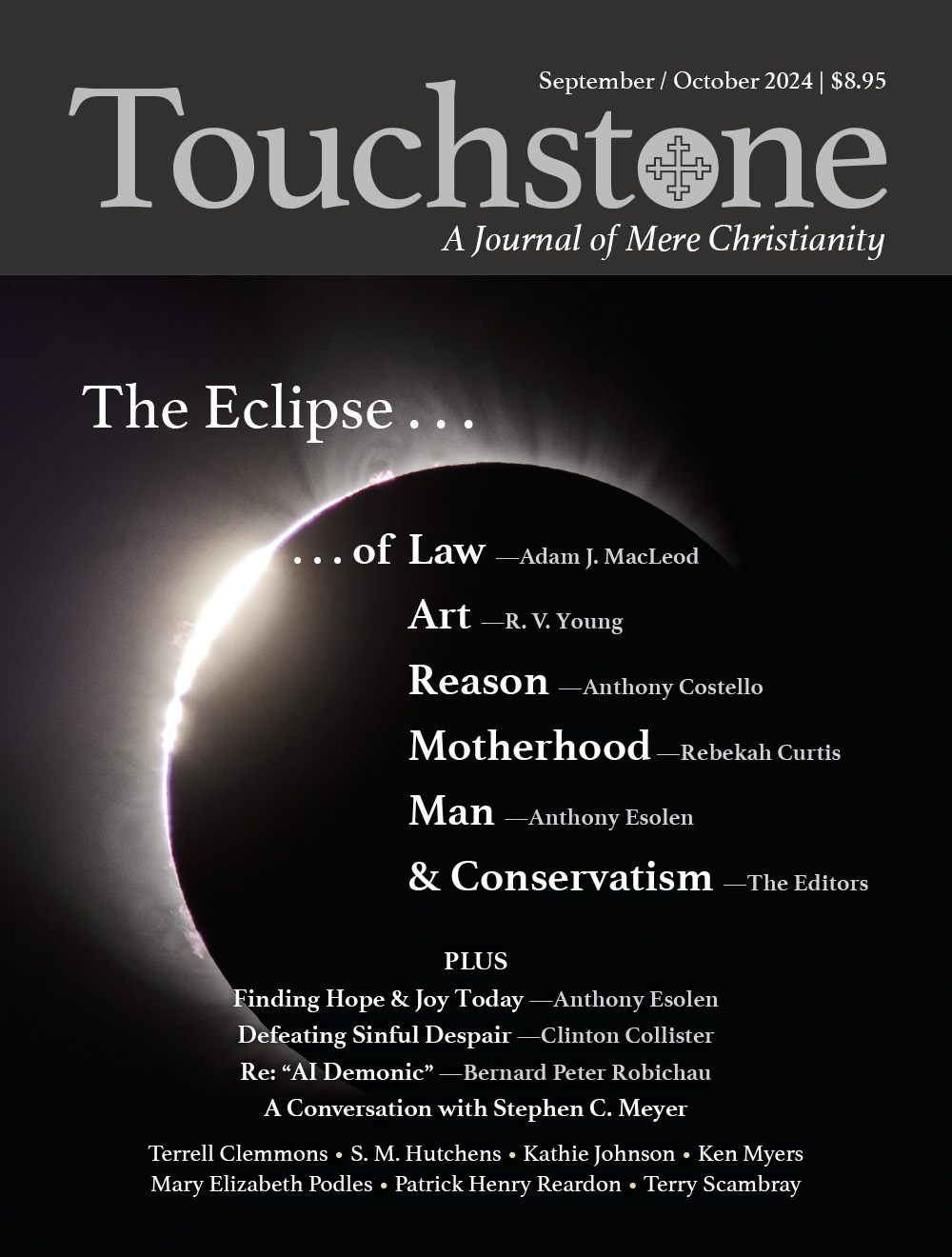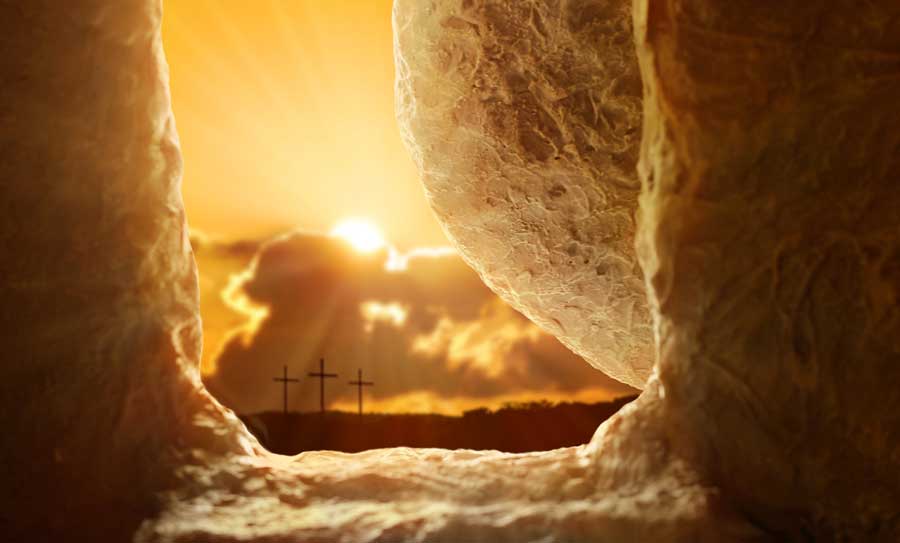AI: A Theological Response
Misgivings of a Recovering Technologist
The early nineteenth-century English Luddites were so angered by the threat posed by the indiscriminate proliferation of novel, job-destroying technologies that they took sledgehammers to the machines that were replacing them. Their zeal was perhaps tempered by a pragmatism that enabled them to operate these same machines as long as they could still earn a decent wage.
I am a technologist by profession. Having worked with modern enterprise technologies for over a quarter-century, I consider myself a sort of modern pragmatic Luddite (sans sledgehammers and violence), always wary of the potentially harmful impacts of digital systems that sit at the core of modern society. These technologies have nonetheless allowed me to adequately feed and house my family. I am also an Eastern Orthodox priest by vocation, answering to the name of Father Peter—the clerical Jekyll to my professional Hyde.
So it was with great interest that I read Paul Kingsnorth’s compelling spiritual critique of artificial intelligence (AI) entitled “AI Demonic” (November/December 2023). Kingsnorth is a master storyteller, and some, myself included, consider him a modern literary giant, in company with Lewis, Sayers, Tolkien, and their ilk. My first encounter with his writing was in Confessions of a Recovering Environmentalist, wherein he writes with a thoughtful charisma that compels a response—a rare and special literary talent.
As best as I can tell, Kingsnorth believes that AI is a force being ushered onto the “throne” of our culture by demonic forces that fuel our modern, indiscriminate material pursuits. I agree with his assertion that our modern digital age is demonic insofar as it can produce the precise results that the Devil desires.
The proverbial AI genie is certainly out of the bottle, but it didn’t appear in 2022 with the emergence of ChatGPT or in 2007 with the release of the iPhone. It wasn’t unleashed in 1983 by the U.S. taxpayer-funded ARPANET, which would become our modern internet. Modern Silicon Valley is a lovely, if not worthy, scapegoat, but we can trace the evolution of our present predicament back to eighteenth-century England, in the era before our friends the Luddites hit the scene.
A magical elixir of iron and steel, combined with fuels such as coal and petroleum, brought the internal combustion engine and all manner of fantastic machinery to life, transforming human beings and the societies they inhabit at every level. This seismic event, known popularly as the Industrial Revolution, set in motion a chain of events that would transform how humans relate to the world and each other.
Roughly 250 years later, the agrarian parables of Christ can perhaps seem quaint and irrelevant to the modern reader. Those who labor tirelessly in the summer heat, sowing seeds and cultivating the food that nourishes their families, are few and often impoverished. Vinedressers have been replaced with unethically treated migrant labor, and most of the things people own are not made of clay, wood, steel, or stone but rather are manufactured to disposable standards. As Edward Tenner says in his 1997 book, Why Things Bite Back, “The indignation of nineteenth-century producers has yielded to the irritation of late-twentieth-century consumers.” This is the origin story of the so-called digital revolution and our AI dilemma, and it gets me, like Kingsnorth, quite down in the mouth.
Kingsnorth responds by drawing a line in the sand regarding his adoption and use of technology, practicing what he calls “cooked asceticism” (he says that one could go a step further by practicing “raw asceticism” and retreating to the wilderness, far from the reach of these digital demons). In addition to vowing never to engage with an AI (by which I presume he means deliberately conversing with a modern AI chatbot or its successors), he has sworn off smartphones, scanning QR codes, submitting to so-called health passports, and using state-run digital currencies.
I believe that framing this problem within a proper theological context helps us avoid a knee-jerk reaction to another category of new technologies while formulating a reasonable response to a quarter-millennium of technological advancement made manifest today in what computer scientist Roman Yampolskiy predicts will be “the most impactful event in the history of mankind.”
Demons & the Spiritual Life
What, then, are the demons that war against us? Biblically speaking, demons are spiritual creatures who have rebelled against God, the chief among them being the devil (a.k.a. Satan, Lucifer, or “the Evil One”) who appears in the first pages of the Bible and maintains a prominent place in the sacred narrative until its Apocalyptic end.
Bernard Peter Robichau , a priest by vocation and a technologist by profession, writes at the intersection of technology, philosophy, and theology. He resides in upstate South Carolina and is a clergyman of the Orthodox Church in America, Diocese of the South. He can be found online at thirdcity.substack.com.
subscription options
Order
Print/Online Subscription

Get six issues (one year) of Touchstone PLUS full online access including pdf downloads for only $39.95. That's only $3.34 per month!
Order
Online Only
Subscription

Get a one-year full-access subscription to the Touchstone online archives for only $19.95. That's only $1.66 per month!
bulk subscriptions
Order Touchstone subscriptions in bulk and save $10 per sub! Each subscription includes 6 issues of Touchstone plus full online access to touchstonemag.com—including archives, videos, and pdf downloads of recent issues for only $29.95 each! Great for churches or study groups.
Transactions will be processed on a secure server.
more on Technology from the online archives
more from the online archives

28.3—May/June 2015
Of Bicycles, Sex, & Natural Law
Describing Human Ends & Our Limitations Is Neither Futile Nor Unloving by R. V. Young
calling all readers
Please Donate
"There are magazines worth reading but few worth saving . . . Touchstone is just such a magazine."
—Alice von Hildebrand
"Here we do not concede one square millimeter of territory to falsehood, folly, contemporary sentimentality, or fashion. We speak the truth, and let God be our judge. . . . Touchstone is the one committedly Christian conservative journal."
—Anthony Esolen, Touchstone senior editor









